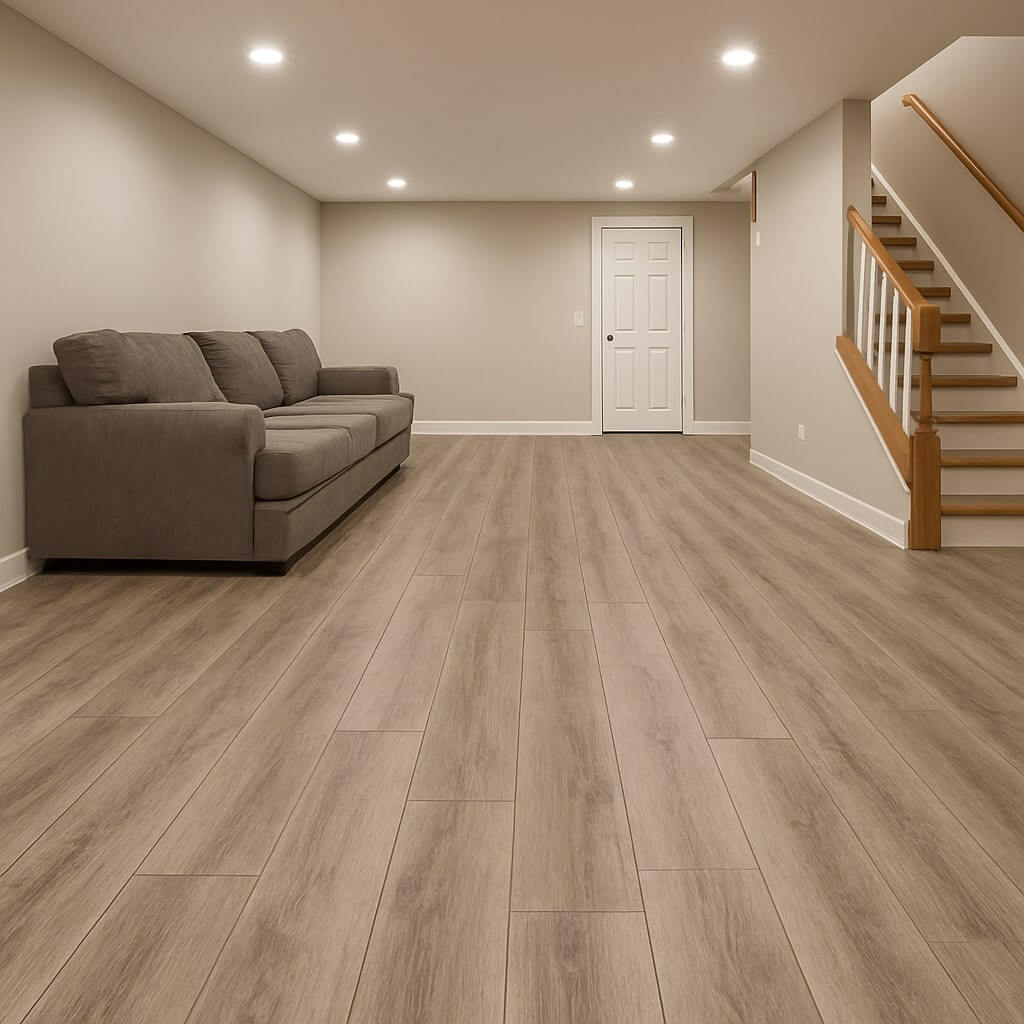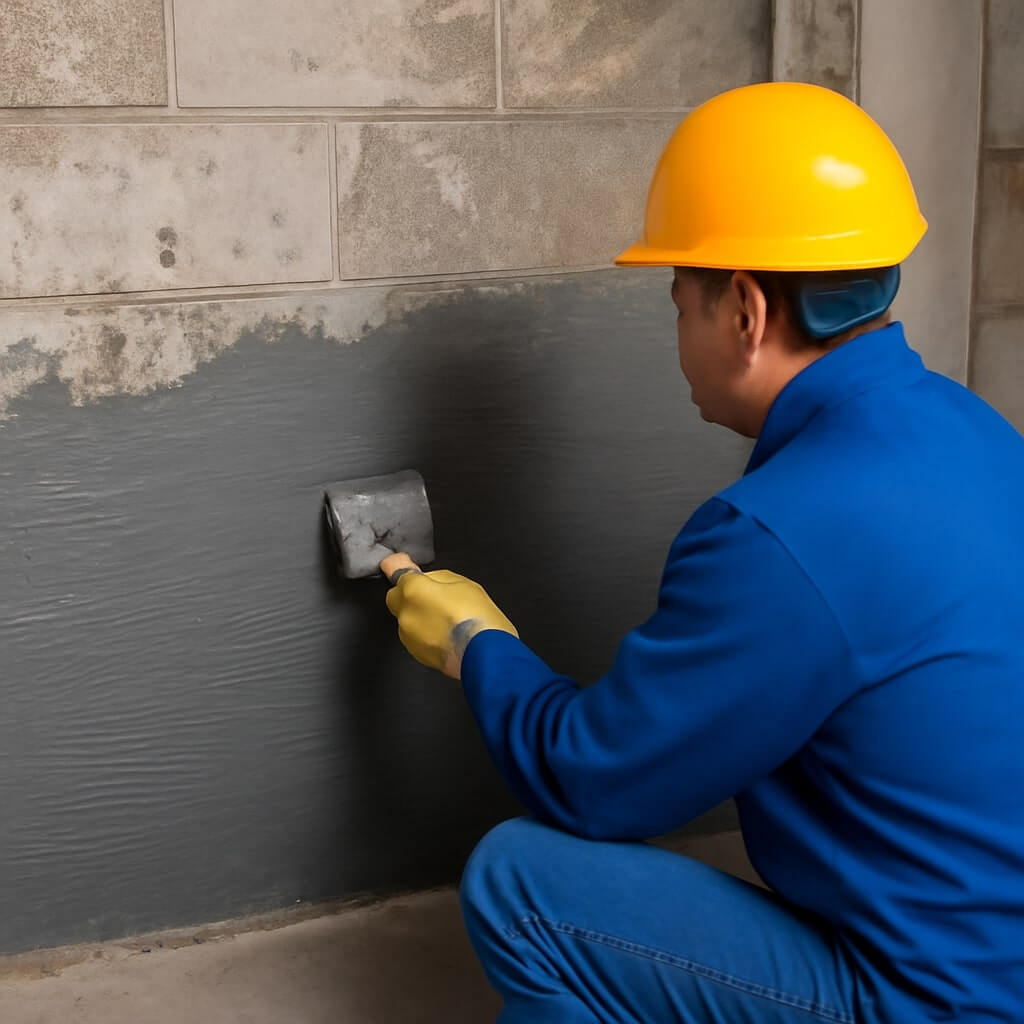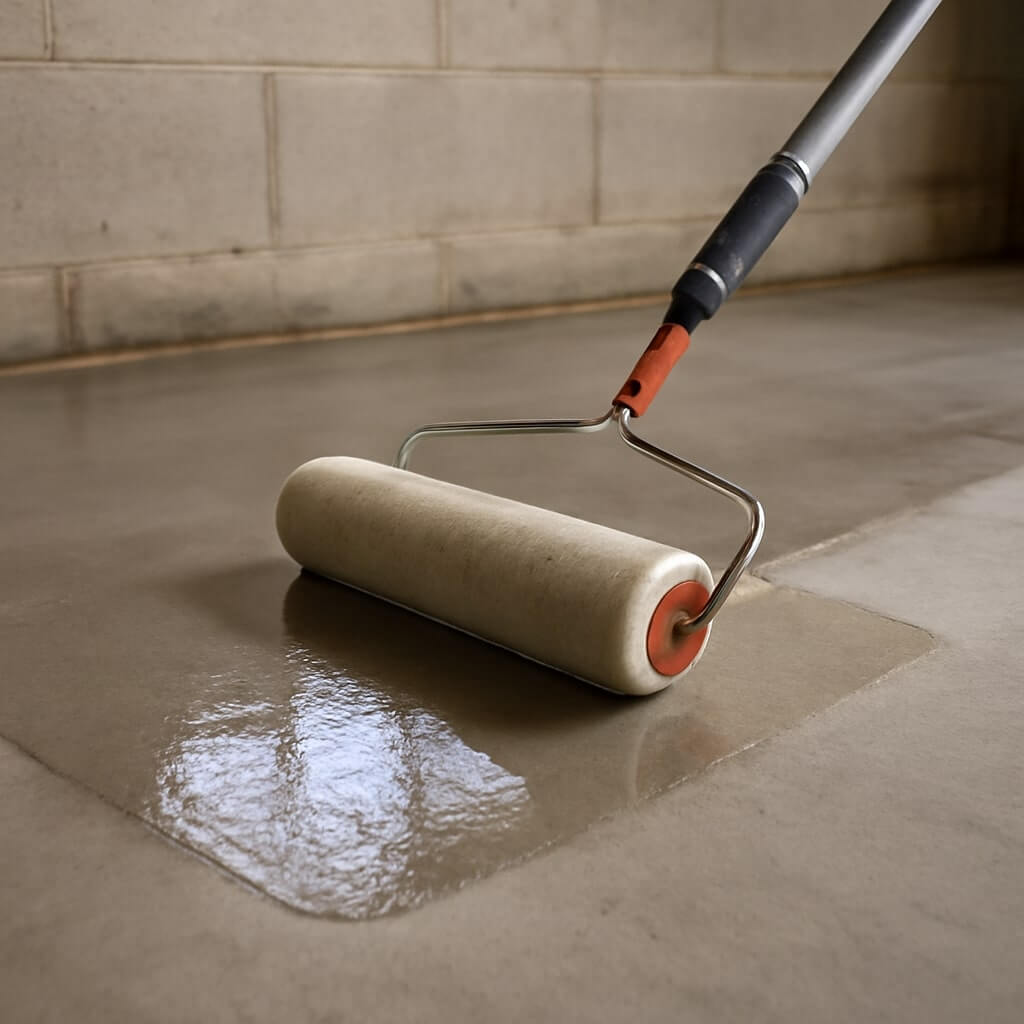When it comes to basement renovations, choosing the right flooring is critical—especially because basements are prone to moisture. Whether you’re finishing a basement for a family room, home gym, or rental unit, waterproof flooring for basements is essential to prevent mold, warping, and costly repairs.
In this guide, we’ll cover the best waterproof flooring options for basements in 2025, what to look for before installation, pros and cons, and maintenance tips to make your investment last.
Why Waterproof Flooring is Crucial for Basements
Basements sit below ground level, making them vulnerable to:
- Groundwater seepage
- Pipe leaks
- High humidity
- Seasonal flooding
Standard flooring like hardwood or carpet can be destroyed by moisture. That’s why installing 100% waterproof basement flooring is not just smart—it’s necessary.
Top Waterproof Flooring Options for Basements in 2025
Here are the most reliable, stylish, and durable waterproof flooring types for basements:
1. Luxury Vinyl Plank (LVP)
Best for: Style and durability
LVP mimics hardwood but is completely waterproof and easier to maintain.
- Easy click-lock installation
- Textured options for a realistic look
- Affordable and highly resistant to wear
Top Brands: COREtec, Shaw Floorte, LifeProof
2. Tile (Porcelain or Ceramic)
Best for: Ultimate water resistance
- Completely waterproof and easy to clean
- Perfect for laundry areas or bathrooms in the basement
- Cold underfoot unless paired with radiant heating
Pro Tip: Use large-format tiles with waterproof grout to minimize moisture seeping through.
3. Waterproof Laminate
Best for: Aesthetic value on a budget
- Looks like wood, but with a waterproof core
- Cheaper than LVP but not ideal for flood-prone basements
New in 2025: Brands now offer higher moisture tolerance and click-lock tech for DIYers.
4. Epoxy-Coated Concrete
Best for: Industrial or minimalist style
- Seamless and water-impermeable
- Very durable, resistant to stains and chemical damage
- Customizable with color flakes or metallic finish
5. Rubber Flooring
Best for: Home gyms or kids’ playrooms
- Soft underfoot and slip-resistant
- Naturally waterproof and mold-resistant
- Available in interlocking tiles or rolls
What to Consider Before Installing Waterproof Basement Flooring
- Moisture Test: Always check your subfloor’s humidity level.
- Subfloor Prep: Use a moisture barrier or underlayment if needed.
- Room Use: Choose flooring based on how the space will be used (e.g., gym vs. guest suite).
- Insulation: Consider underfloor heating or insulating pads for cold climates.
Installation Tips for Long-Lasting Results
- Ensure the basement is properly sealed and ventilated.
- Use mold-resistant adhesives and sealants.
- Opt for floating floor systems where applicable—these allow slight movement and are easier to replace.
Maintenance of Waterproof Basement Flooring
- Sweep and vacuum regularly to prevent grit damage.
- Use pH-neutral cleaners—especially for LVP and tile.
- Inspect yearly for signs of subfloor moisture buildup or mildew at corners.
FAQs About Waterproof Flooring for Basement
What’s the most budget-friendly waterproof flooring for basements?
Can I install carpet in my basement if I use a moisture barrier?
Is tile too cold for basements?
What is the most durable waterproof basement flooring?
How do I know if my basement is too wet for any flooring?
Final Thoughts
Investing in waterproof basement flooring isn’t just about protecting against water damage—it’s about peace of mind, health, and long-term savings. With the right materials and preparation, your basement can become one of the most functional, beautiful spaces in your home.



